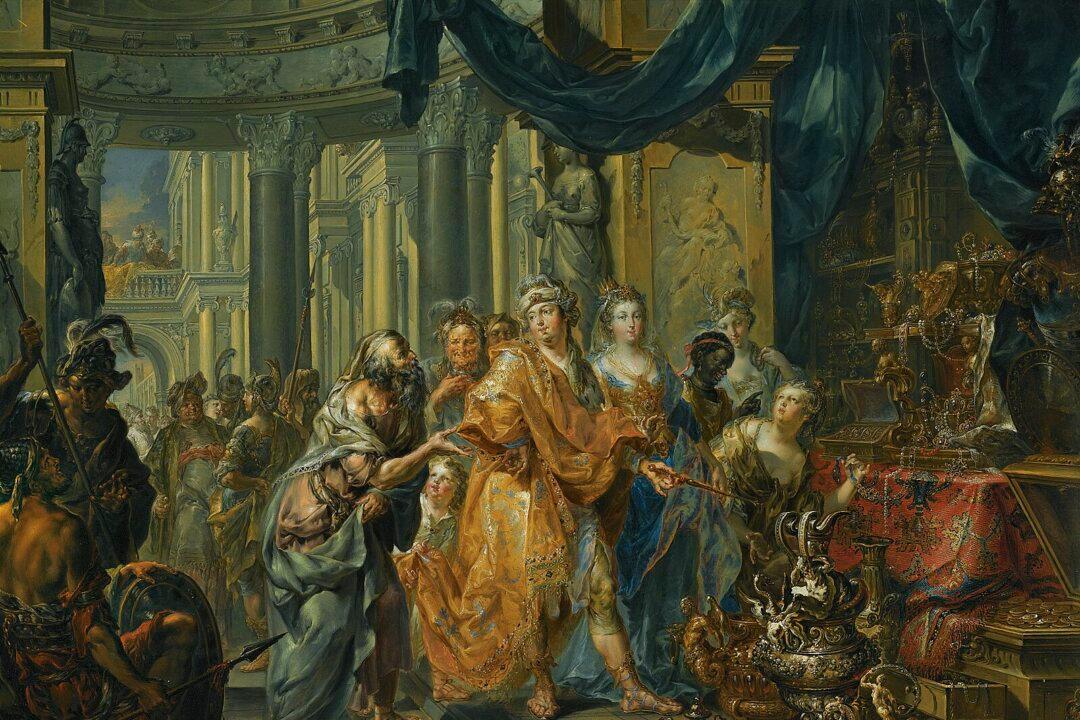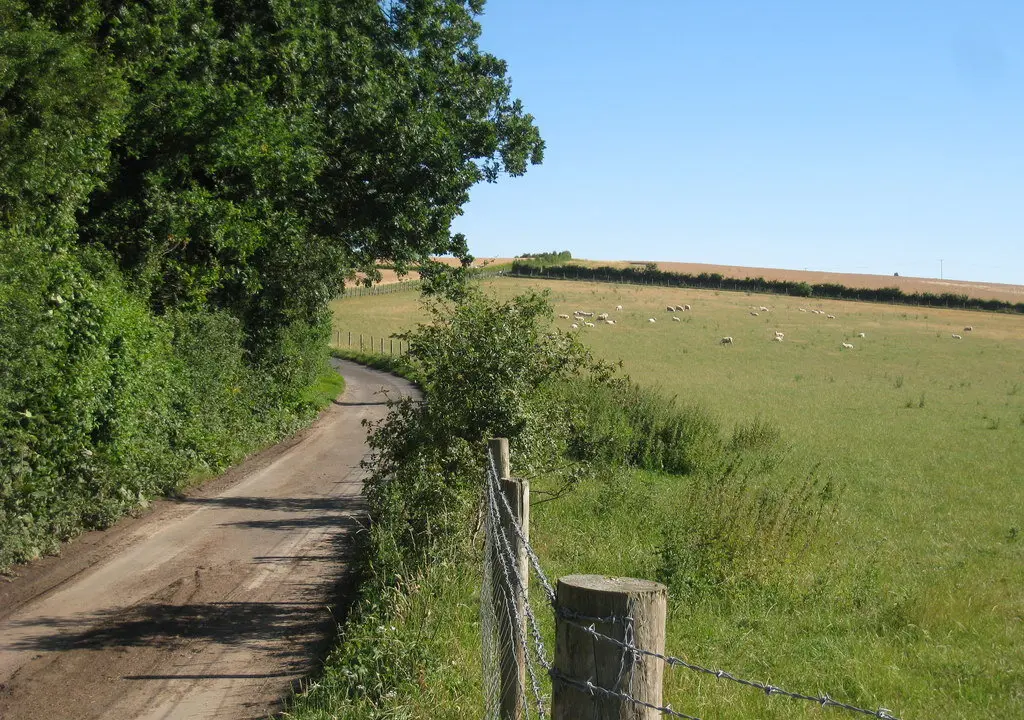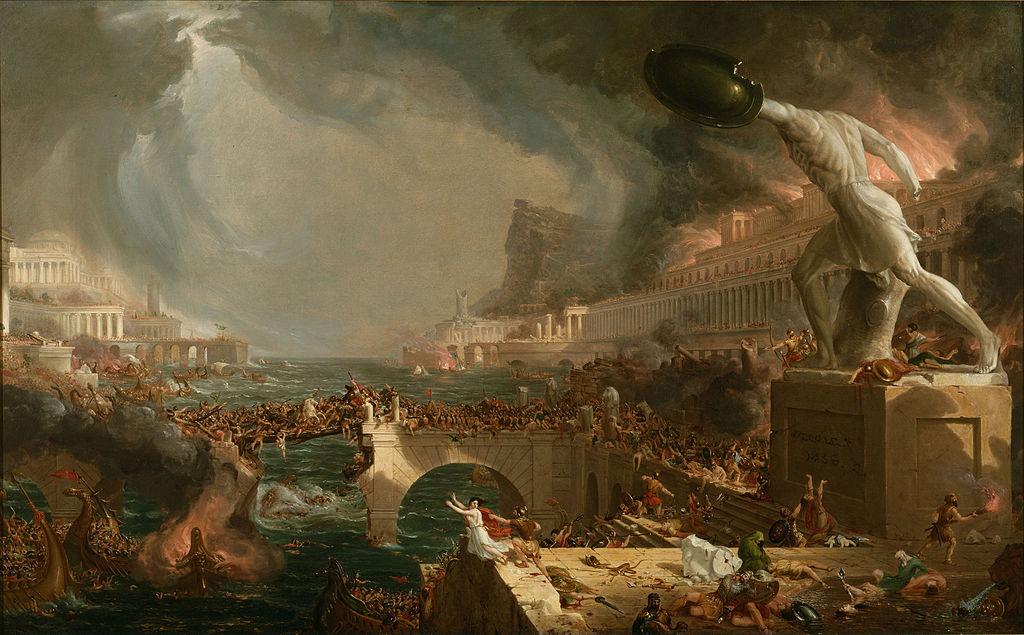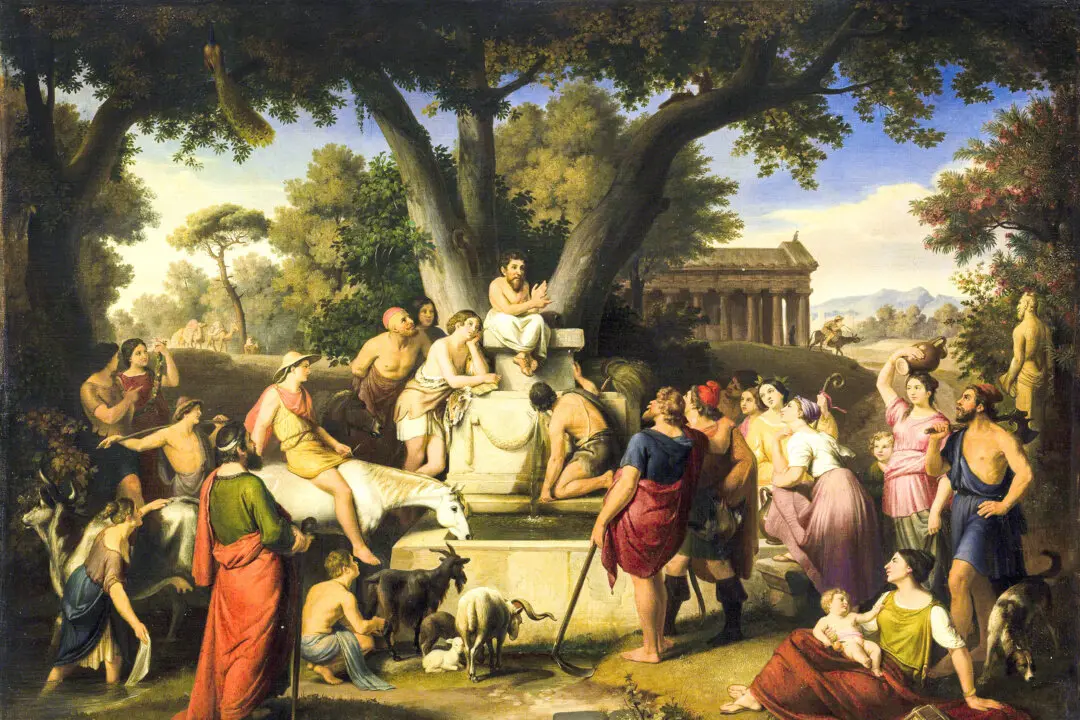The Athenian statesman who first championed democracy was a prolific poet. His verses reveal a fascinating link between poetry, politics, and the beginning of popular government in the Western world.
Solon of Athens
Writing two centuries after Solon’s death in 560 B.C., the Greek philosopher Aristotle noted that Solon “was by birth and reputation one of the leading citizens, but by property and business dealings one of the middle class.” He descended from Codrus, the last King of Athens, and was probably an ancestor of the philosopher Plato. Despite his aristocratic origins, Solon made a living from commerce, a profession elite Athenians deemed non-aristocratic.Since the 5th century B.C., Solon has been considered one of the Seven Sages of Greece, who were venerated by people across the eastern Mediterranean for their virtue. His political reforms set the stage for Athenian democracy, forever changing the world. Yet few realize that Solon’s success depended mainly on his ability to write poetry and perform it in public.






